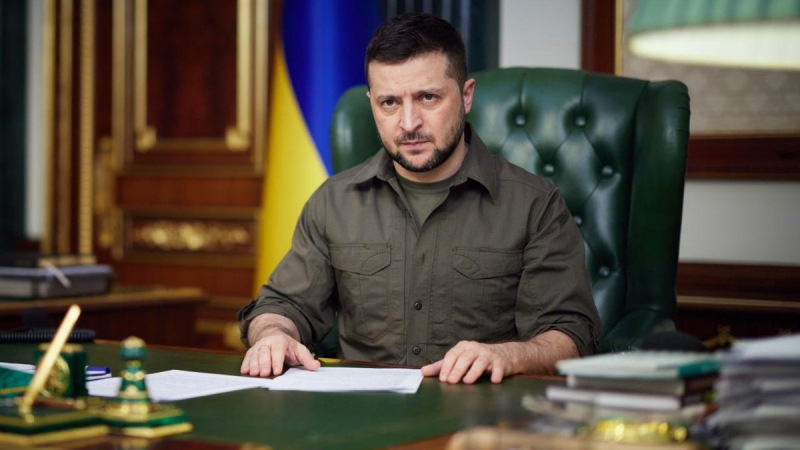
Austria will treat seriously wounded Ukrainian soldiers, – Zelensky/Office of the President
Ukraine continues to actively cooperate with international partners. Austria agreed to take in the treatment of soldiers who were seriously injured in the combat zone.
This was announced by President of Ukraine Volodymyr Zelensky during an evening video message, Channel 24 reports. He recently spoke with Austrian Chancellor Karl Negammer.
What they talked about with Austrian Chancellor
Zelensky told the details of the conversation with Karl Negammer. He informed him about the situation that is currently happening in the Donbass and other areas where hostilities continue. The President also thanked for the support and discussed with the Chancellor further cooperation between the two stateson the European integration of Ukraine.
In addition, Volodymyr Zelenskyy also spoke with President of Liberia George Weah. The main topic of conversation was the food crisis, which provoked the aggressive actions of Russia. He also thanked the President for his support for territorial integrity and sovereignty, which, in particular, was demonstrated by the representatives of Liberia at the UN.
In his address, Zelensky stressed that international support is now needed. The Armed Forces of Ukraine, intelligence, representatives of law enforcement agencies continue to boldly resist the Russian invaders. In some areas, the invaders have a significant advantage in technology and manpower. They even thought of raising the age threshold for contract service.
The Russian authorities made a revealing decision – they allowed older people to be recruited for contract service. That is, they no longer have enough young people, but the desire to fight still remains,” Volodymyr Zelensky said.
He stressed that international partners should discourage the desire to fight in Russia. Everyone needs to help Ukraine. In particular, weapons. It should be enough for the Russians not to think about waging wars at all.
Zelensky thanked all the people who spoke about this in Davos, on the pages of the media, in the capitals of states and other venues. This is especially important, especially against the background of people who are still stuck in the twentieth century and are trying to appease the dictator by surrendering territories.

